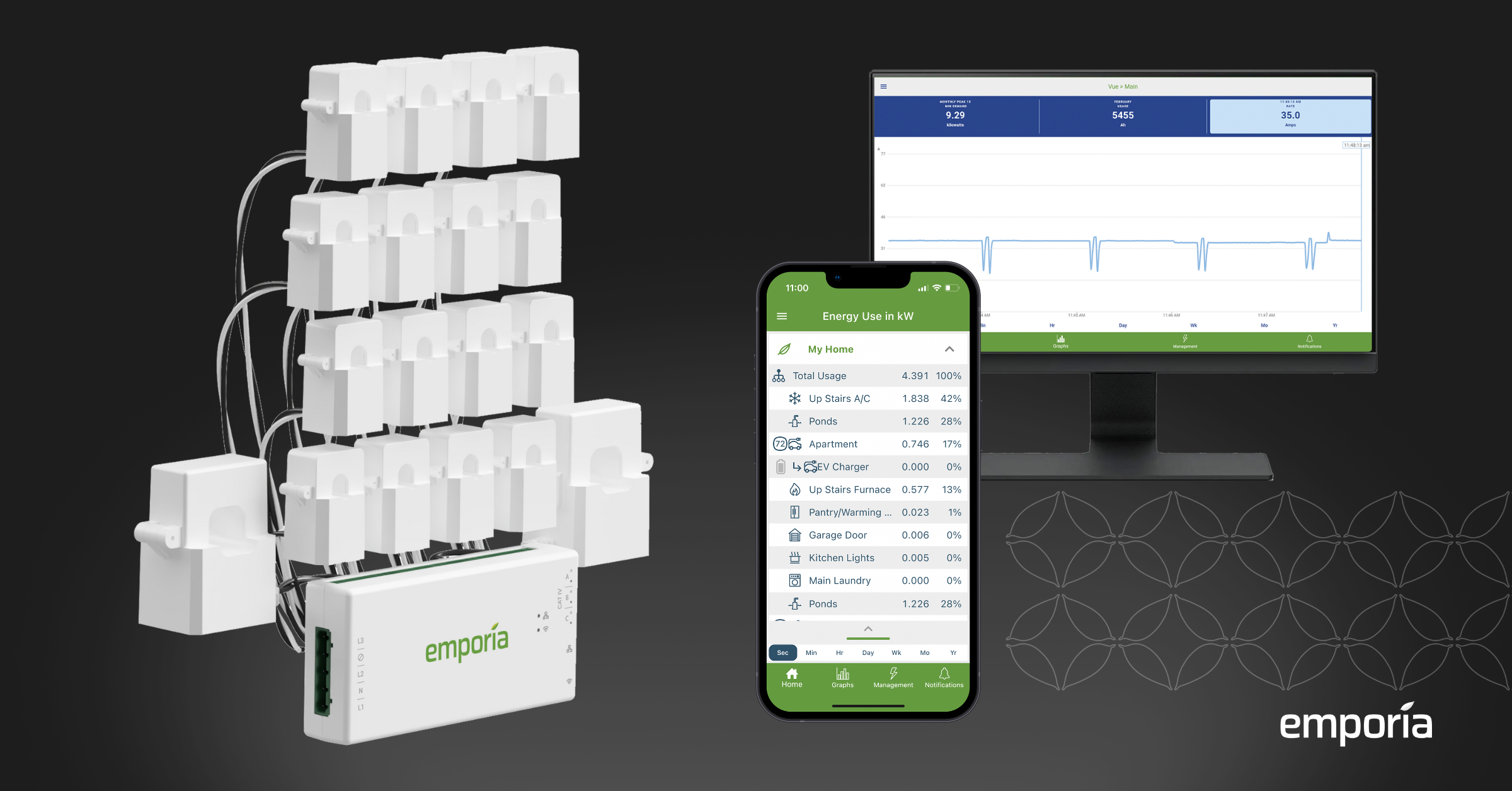MapleGuy
New Member
Hi...My wife and I sold our house a couple of years ago and have been living in an RV. We are looking to build a 900 sq ft living space over a 900 sq ft garage space in Connecticut and my specific goal is to not have an electric bill and be able to generate all the power that we need from solar. Our RV has a solar setup with battery backup so I am used to the basics and would like to apply what I've learned from this time. However, I'm finding that it's not that easy and little more complicated connecting to the grid like I in the RV and here are my questions for anyone who might be able to answer them.
I know I've said a lot here so I'll leave it at that. Am I on the right track with my thinking our should I with the more expensive find a solar installer that does a package deal?
- Can I have an off-grid system that only uses power that I generate but still be connected to the grid for times when I can't supply all the power I need? I'd like to try and replicate what we have in the RV but would be nice to take advantage of net metering if we are on the road.
- How can I find a certified local installer that I can work with and also work with my local utility for all the paperwork that they require? I'd like to try and buy/add components as I can afford them (aka pay cash) without having to re-do everything. From what I've read it needs to be done by a certified installer.
I know I've said a lot here so I'll leave it at that. Am I on the right track with my thinking our should I with the more expensive find a solar installer that does a package deal?



